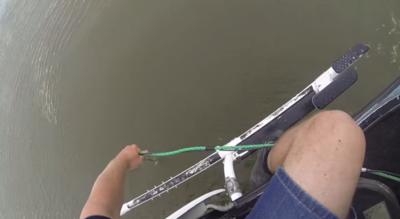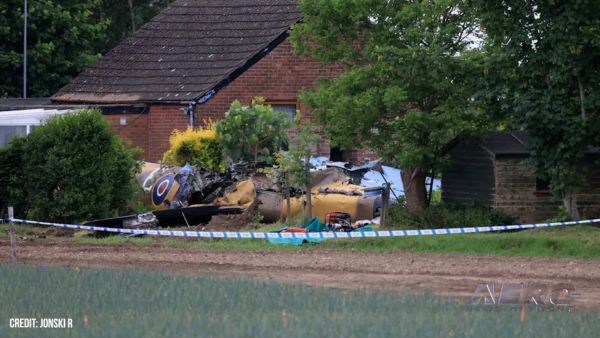Wed, Dec 10, 2014
Advertisement
More News
 Aero-News: Quote of the Day (06.05.24)
Aero-News: Quote of the Day (06.05.24)
“My father mastered a unique trio of skills, being an exceptionally good mechanical engineer, electrical engineer, and astute businessman. He set the bar high for himself and>[...]
 ANN's Daily Aero-Term (06.05.24): Standard Terminal Arrival (STAR) Charts
ANN's Daily Aero-Term (06.05.24): Standard Terminal Arrival (STAR) Charts
Standard Terminal Arrival (STAR) Charts Designed to expedite air traffic control arrival procedures and to facilitate transition between en route and instrument approach operations>[...]
 NTSB Prelim: Thatcher CX4
NTSB Prelim: Thatcher CX4
Less Than 8 Ounces Of Fuel Was Drained From The Fuel System On April 24, 2023, at 1030 eastern daylight time, an experimental amateur-built, Thatcher CX4, was substantially damaged>[...]
 ANN's Daily Aero-Linx (06.05.24)
ANN's Daily Aero-Linx (06.05.24)
Aero Linx: National Air and Space Museum Take your curiosity to new heights. Explore the world’s premier collection of air and space artifacts, stories, and expertise. One mu>[...]
 ANN FAQ: Q&A 101
ANN FAQ: Q&A 101
A Few Questions AND Answers To Help You Get MORE Out of ANN! 1) I forgot my password. How do I find it? 1) Easy... click here and give us your e-mail address--we'll send it to you >[...]
blog comments powered by Disqus




